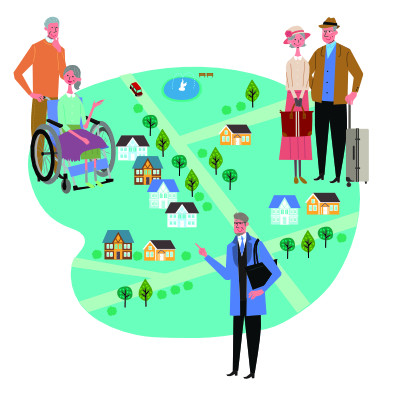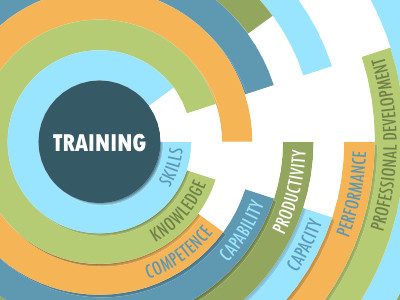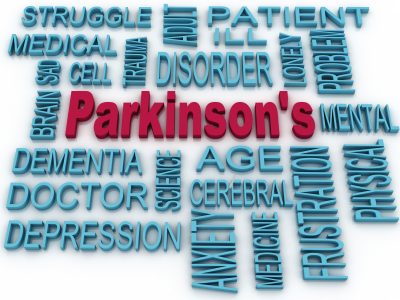Renewal, Rebirth and Regrowth...Hope for Caregivers
Despite our disappointments, struggles, and unknowns, we must cling to hope - for renewal, rebirth, and regrowth. This season brings hope as we witness new blossoms, trees budding and renewed faith. Caregivers need to above all, cling to their hope that this journey you are on will bring new blessings, opportunities for personal growth, and strength to carry on your important work.







